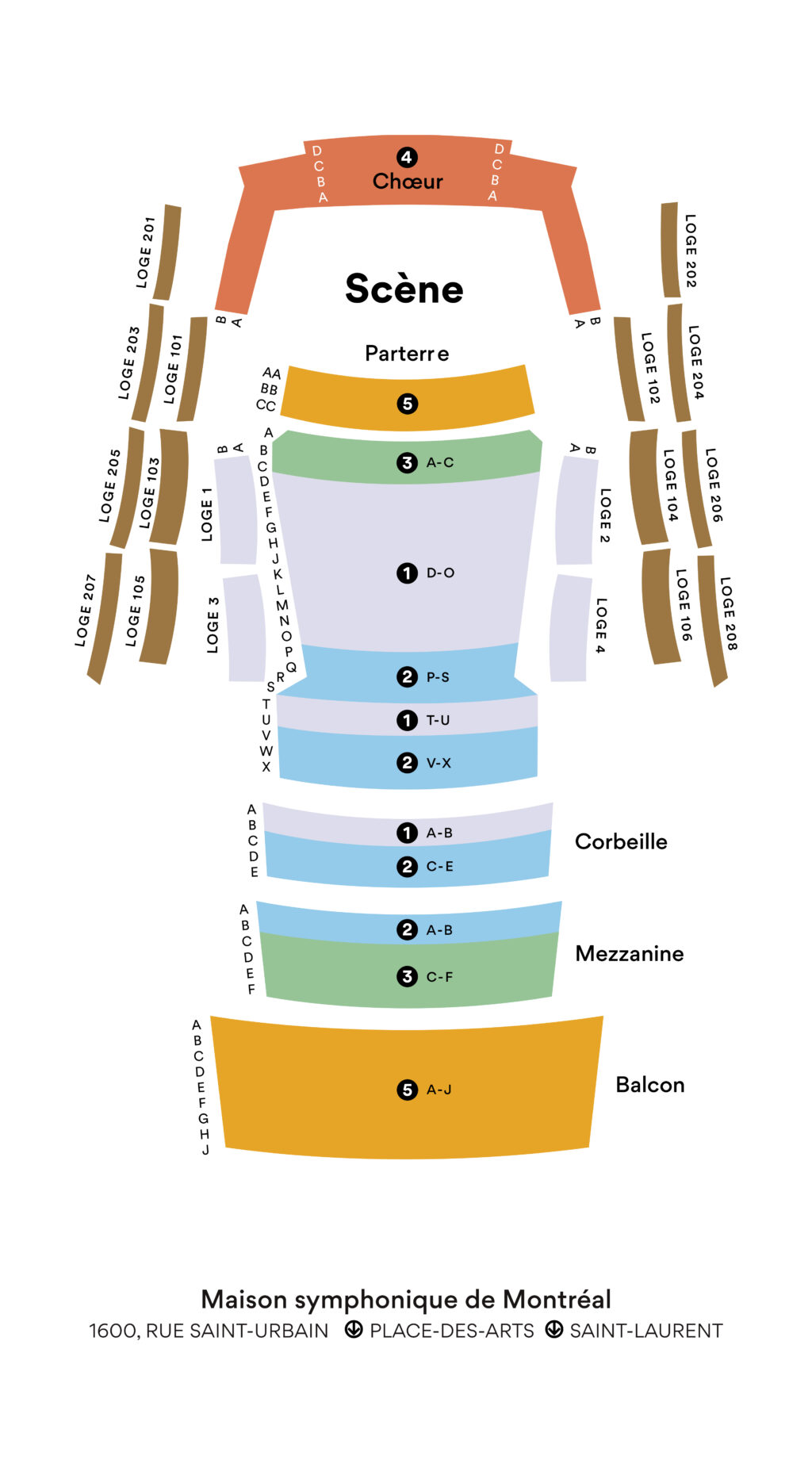D’un matin de printemps
Lili Boulanger
1893 – 1918
Born into a family of professional musicians, Marie Juliette Olga – nicknamed Lili Boulanger – was sight-reading scores before she could read books. It was a family friend, Gabriel Fauré, who gave her first piano lessons. Having suffered a serious illness as a two-year old, which affected her immune system and left her disabled for the rest of her life, she acquainted herself with the masters by playing several instruments and studying music theory and harmony. In 1909, she enrolled at the Paris Conservatory.
In May 1913, after illness had forced her to withdraw from the preceding year’s competition, she became the first woman musician to win the Grand Prix de Rome. The prize-winning piece was a cantata that set an imposed text, Faust et Hélène. The “appropriateness of [Boulanger’s] declamation” as well as her “sensibility,” “poetic sentiment” and “intelligent and colourful orchestra” all came in for praise. “For this prize to be awarded to a 19-year-old woman in such an academic field and by a jury known for its misogyny is a very strong sign of recognition,” writes Aliette de Laleu. The work was performed in public with success and “the word ‘genius’ was finally used in the press to describe the talent of a woman.”
The prize included a two-year stay in the Villa Médicis in Rome. Boulanger was only able to work there for four months, however, partly due to the start of the Great War. She returned to Italy in 1916 with her older sister Nadia, who would become the 20th century’s most influential musical pedagogue of either gender, but was often bedridden after returning to Paris. She died, at Mézy-sur-Seine, from tuberculosis of the intestine in March 1918, shortly before her 25th birthday and after dictating her final work to her sister, a moving Pie Jesu for solo voice and instruments. Deeply religious, she had earlier found the time to finish her three powerful Psalms, set in French, for soloists, chorus and orchestra.
Lili Boulanger left us around 50 works in all genres, including a few “of an expression . . . that at times achieve a pathos of which there are otherwise few examples in the French school,” writes Marc Honeger. Shortly before her death, Boulanger composed a short “piece for orchestra” titled D’un matin de printemps (On a morning in spring), marked Assez animé and originally written for violin or flute and piano. Although not intended as half of a diptych, the work can be seen as a counterpart to D’un soir triste, a short piece composed around the same time and built on similar material, albeit in a much darker mood.
Harry Halbreich describes D’un matin de printemps as “a scherzo with an impulsive verve and an airy, transparent orchestration,” as if the young woman had glimpsed at what a life in good health would have been like for her, “but in the middle a vehement orchestral gradation reveals the pain underlying this tenuous serenity.” To a dancing melody in triple time, bristling with dotted rhythms and rising scales and in modal harmonic colours, the rapid exchanges among the woodwinds and between the solo violins, punctuated by brass, unfurl in shimmering colours, very close to Debussy. It is, as Gerald Larner writes, “a radiant, almost impressionistic expression of the joy of nature.”
© François Filiatrault
Translation by Craig Schweickert
